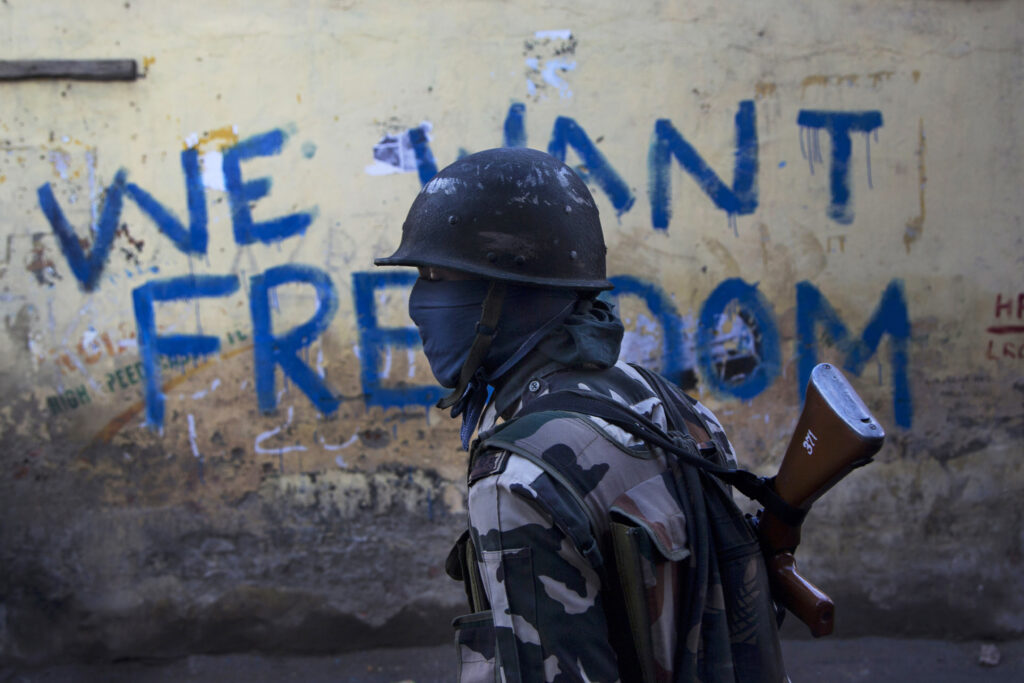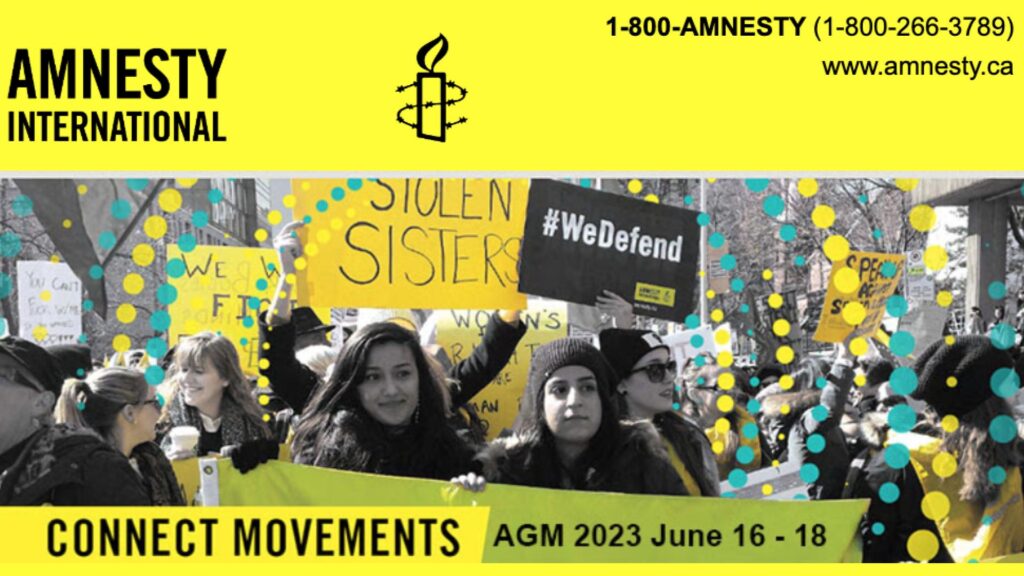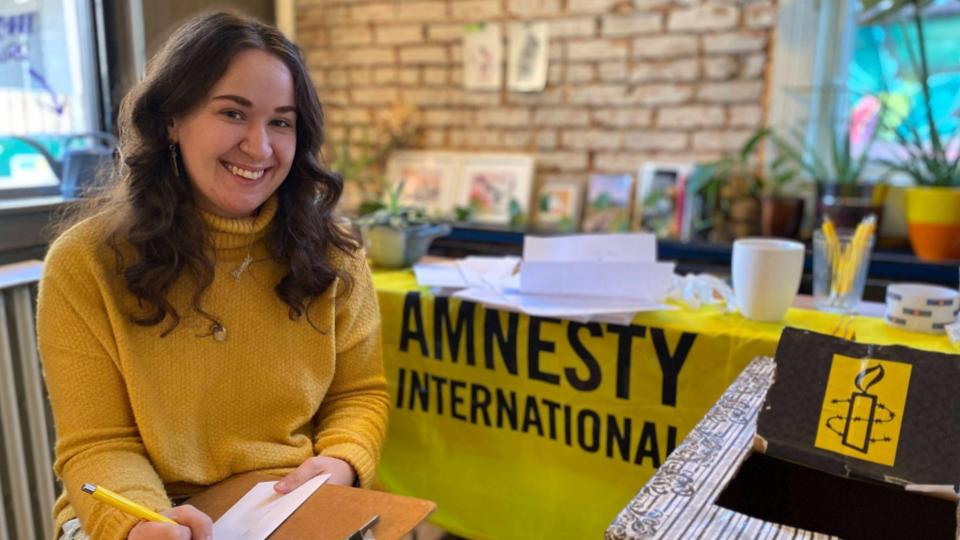The adoption of United Nation Declaration of Human rights on 10 dec 1948 was the most remarkable day of the history when man finally defended his dignity of being human, when a step taken by U.N. to stop the horrific, centuries old suffering of a common man, was welcomed by the international community. The world finally had the standard document preserving human rights, acknowledging a human is a human and he has some rights. Behind this day, there is struggle of many known and unknown people, stretching over the centuries. To our dismay, even in this era of modernity, there are some ongoing crises that have encroached Man’ rights.
Kashmir conflict, an intractable issue, a geopolitical restraint between India and Pakistan, is not just a political issue between two states. By every passing decade it is becoming an ideal case study of grave human rights violations especially in context of Indian Administered Kashmir. Human rights violation has become a norm there, effecting the life of every individual directly or indirectly.
To counter the armed resistance India inundated the valley with more than 800,000 soldiers. India uses Torture as a tool to exercise control over the valley. Indian Security Forces enjoys great impunity. Under draconian law like AFSPA there has not been a single prosecution of Indian security personnel in the J&K. The extrajudicial killings, unlawful detentions, killing and torture in custody has caused appalling number of civilian deaths. Extraordinary power to shoot has resulted in indiscriminate killings. For example, in 2006 soldiers shot down at a group playing cricket, as they suspected a militant is hiding among them. This careless killing caused death of 4 boys the youngest one was 8 years old. Incidents are many but none has been brought to justice. Excessive use of Pellet-firing shot guns against protesting crowd have mutilated thousands. As per U.N. report, 1,253 people have been blinded because of pellet guns from mid-2016 to the end of 2018.
Anti-terror law UAPA has been used to lower down the critical voices. Journalists who persist for free journalism have paid the cost of it with their lives. Jalil Andrabi, chairman of Kashmir Commission of Jurists, was martyred in 1994 and never found Justice. Khurram Pervez, a human rights activist, has been facing detention for 2 years in the Rohini Jail of New Delhi. Under section 3 (1) of UAPA 1967, political organizations like Jamat-e-Islami and the Jammu & Kahmir Liberation Font (Yasin Faction) have been declared unlawful on 28 February, 2019 and 22 March,2019 respectively. Foreign journalists access to the state is nearly impossible due to to strict conditions under ‘journalist visa’
Search and Cordon operations, which have become re-operational in the valley since 2017, have enable a range of human rights violations like invasion of privacy, physical intimidation and assault, and destruction of private property. In 2018, government of J&K amended section 10 of PSA, lifting up the prohibition on the detention of permanent residents of J&K outside the state, making it easy to target those Kashmiris living in India.
Government often ignores the allegations or, in some cases, although assurances are given, official investigations are extremely rare. This unacceptable attitude of government has increased sympathy for the secessionist group and anger towards the government.
India has defended its position by following the policy of deterrence by denial. It has dismissed the report by Office of the UN higher commissioner for Human Rights (OHCHR) in 2018. It even rejected the mediation offered by Antonio Guterres in 2020, saying the issue is totally internal matter. In 1948 India asked for U.N. intervention out of weakness, but now it avoids U.N. intervention, given much to the fact that it has strong boots on the ground. Amnesty International have denied access to the state, even it was forced to halt its operation in India 2020.
Since the revocation of Article 370 A Human rights violations have become more serious, many go unnoticed. There have been frequent Internet Shutdowns in the following years. Internet shutdowns imposed after 18 August 2019 was lifted in February 2021. When learning mode was shifted online during covid period, students in J&K suffer loss of an academic year. Unlawful detentions and violation of Habeas Corpus has increased. Several thousands have been detained including politicians, lawyers and people participating in protests. Amnesty International has recorded 60 instances of crackdown against Journalists from august 2019 to august 2022. At least 6 journalists were barred from travelling abroad in this time period and at least 27 Journalists were arrested and detained. Use of UAPA increased by 12% and Habeas Corpus petitions increased by 32% in this time period.
Presence of thousands of security personnel have not done significant benefit in controlling it. India continues to allege Pakistan for supporting them but Pakistan has denied it. Pakistan has already banned lashkar-e-taiba and Jaish-e-Muhammad in 2002 but India blames them to be still operating in Pakistan.
Unlike India, Pakistan has maintained the autonomous status of Azad Kashmir and has not incorporated Gilgit Baltistan either. UN report showing concern about how much AJK is independent, says that more work is needed to verify such allegations. Supreme court directions for provision of fundamental freedoms in northern areas (G.B.) is not being fully followed. Politicians and journalists that support independence face harassment, imprisonment and are closely observed as Pakistan consider it detrimental to the state ideology of accession to Pakistan.
Pakistan, if not so perfect, way more better than India, that shows why in UN 2018 report of 49 pages, India takes the attention of first 27 pages, while armed groups take 3 pages and Pakistan takes 7 pages. Despite of criticism on Pakistan in context of freedom of expression, enforced disappearances and lack of effective enforcement of legal framework, Pakistan has welcomed the report. Pakistan demands the fair plebiscite but India pays no heed to it.
New Delhi should restore the special autonomous status of the state, reform the draconian laws and make possible the accountability of Indian Security Forces. While investigating armed Militias, it should not trespass civilian rights as per international humanitarian law and international human rights law. The state should be accessible to human right organizations, perhaps in this way the myth of normalcy can become a reality in J&K. Focus on the economic development only cannot bring peace in the valley. Pakistan should take some steps to address the concerns of international organizations and to ensure fundamental freedoms. Peaceful negotiations and implementation on UN resolutions and a fair plebiscite is needed without further delay to settle the dispute, which would ultimately safeguard the rights of people living there.
About Writer: This article written By Amna , Student of IR . Human Right Activist.
*An Indian paramilitary soldier walks past graffiti on a wall in Srinagar, Indian-controlled Kashmir, Aug. 29, 2016.(AP Photo/Dar Yasin)


